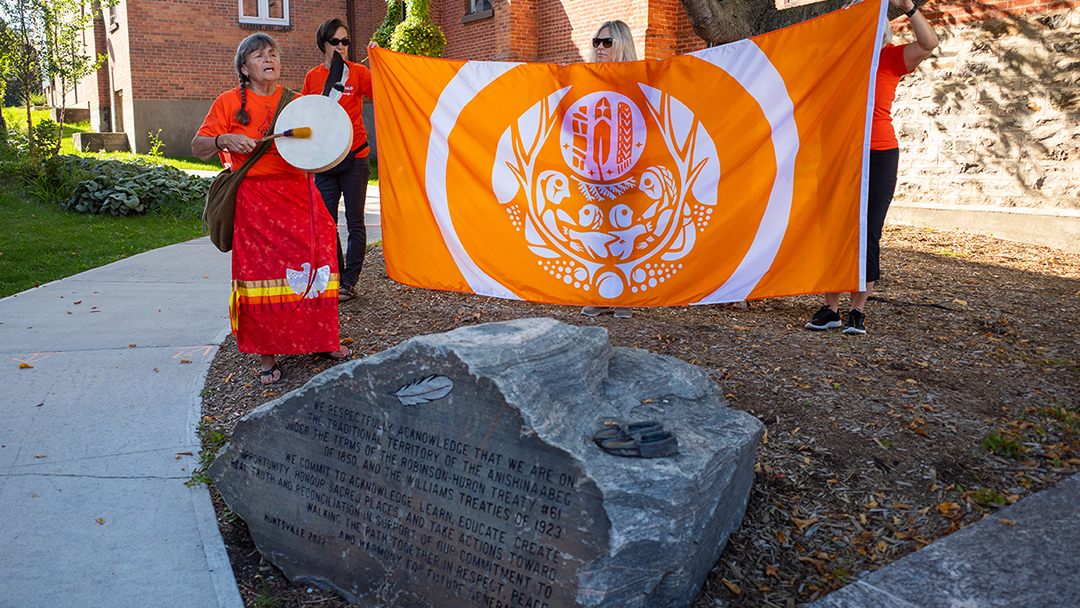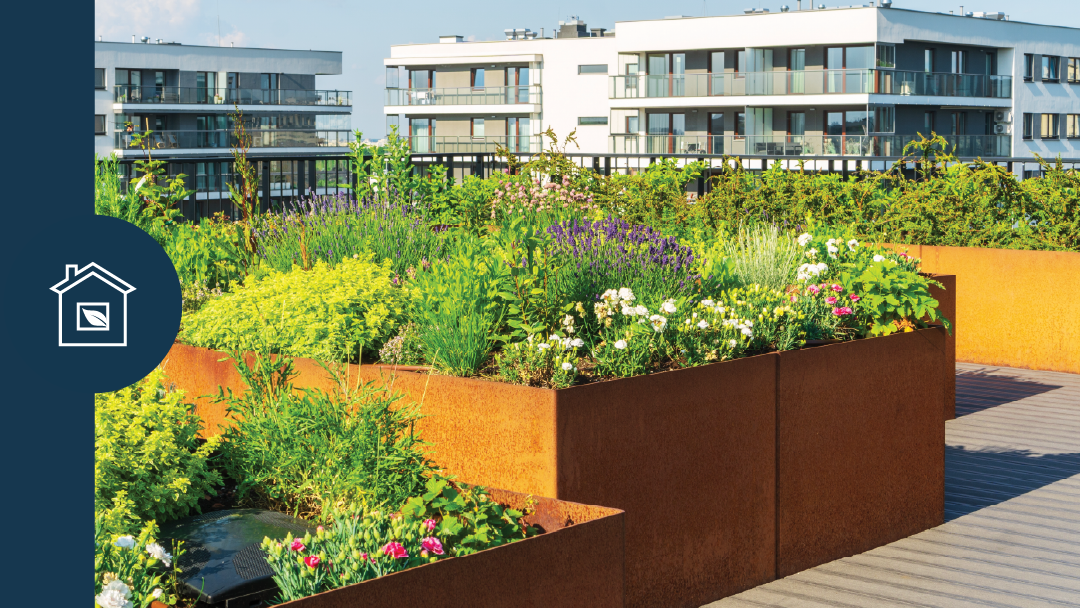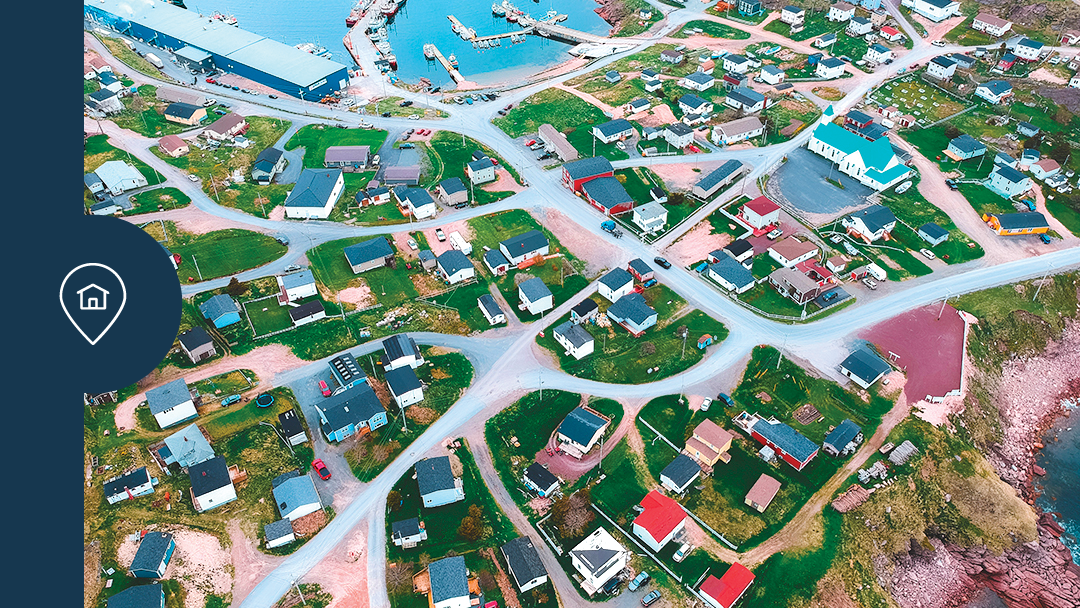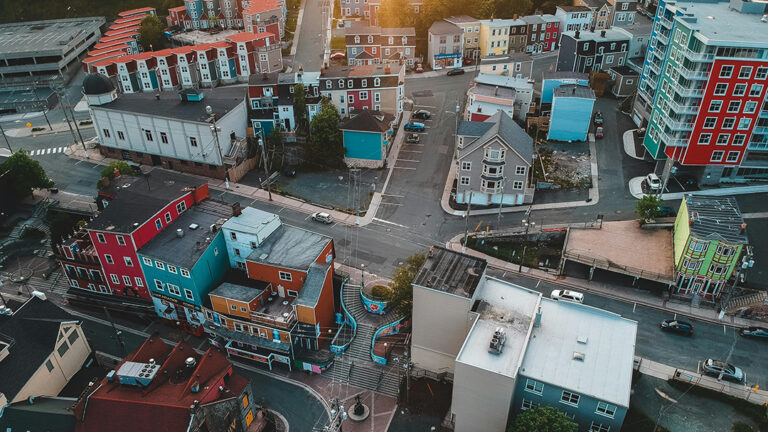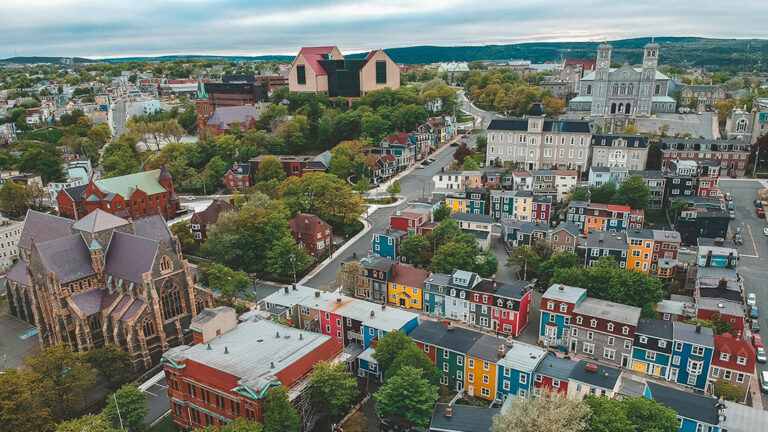On Truth and Reconciliation Day, we begin with Truth: the truth told by Survivors, Elders, Knowledge Keepers, and Indigenous communities. The truth of forced displacement, cultural erasure, and the resilience of First Nations, Inuit, and Métis peoples. These truths cannot be set aside or smoothed over. They call us to remember, to act, and to uphold the Nation-to-Nation relationships at the heart of Reconciliation.
Reconciliation comes next, but only if it is rooted in Truth. For all of us in community housing, nonprofits, cooperatives, associations, and federations, this means more than recognition. It means shifting how we work. Reconciliation is about more than inclusion: it is about political, cultural, and housing sovereignty.
That shift calls us to:
- Listen first: hearing directly from Indigenous communities about their housing needs, priorities, and ways of living.
- Support self-determination: ensuring Indigenous organizations and communities are the decision-makers in their housing futures.
- Honour Nation-to-Nation relationships: recognizing Indigenous rights and governance in housing and aligning our practices with those commitments.
- Challenge our practices: asking hard questions about whether our funding models, policies, and partnerships create space for Indigenous leadership, or unintentionally repeat patterns of exclusion.
- Walk alongside: building relationships that endure, not just one-off projects.
Housing is never just a unit. For First Nations, Inuit, and Métis peoples, as for all of us, it is tied to culture, identity, well-being, and autonomy. Indigenous housing leaders are already showing what reclamation, resilience, and innovation look like. Our collective role is to support, to learn, and to stand with them.
Across the country, Indigenous partners have developed innovative housing solutions anchored in cultural knowledge and collective values. Initiatives such as Ke Mama Nnanik, rooted in the FIBI approach (For Indigenous By Indigenous), or End Homelessness Winnipeg demonstrate the creativity and determination that shape a more equitable future. These and many other projects show how Indigenous communities are leading the way in transforming housing.
On this day, we honour Survivors and their families. And we recommit ourselves: to tell the truth, to listen, and to take meaningful action, throughout the year. Reconciliation is not a destination but an ongoing practice, one that everyone in community housing must carry into every decision we make.
